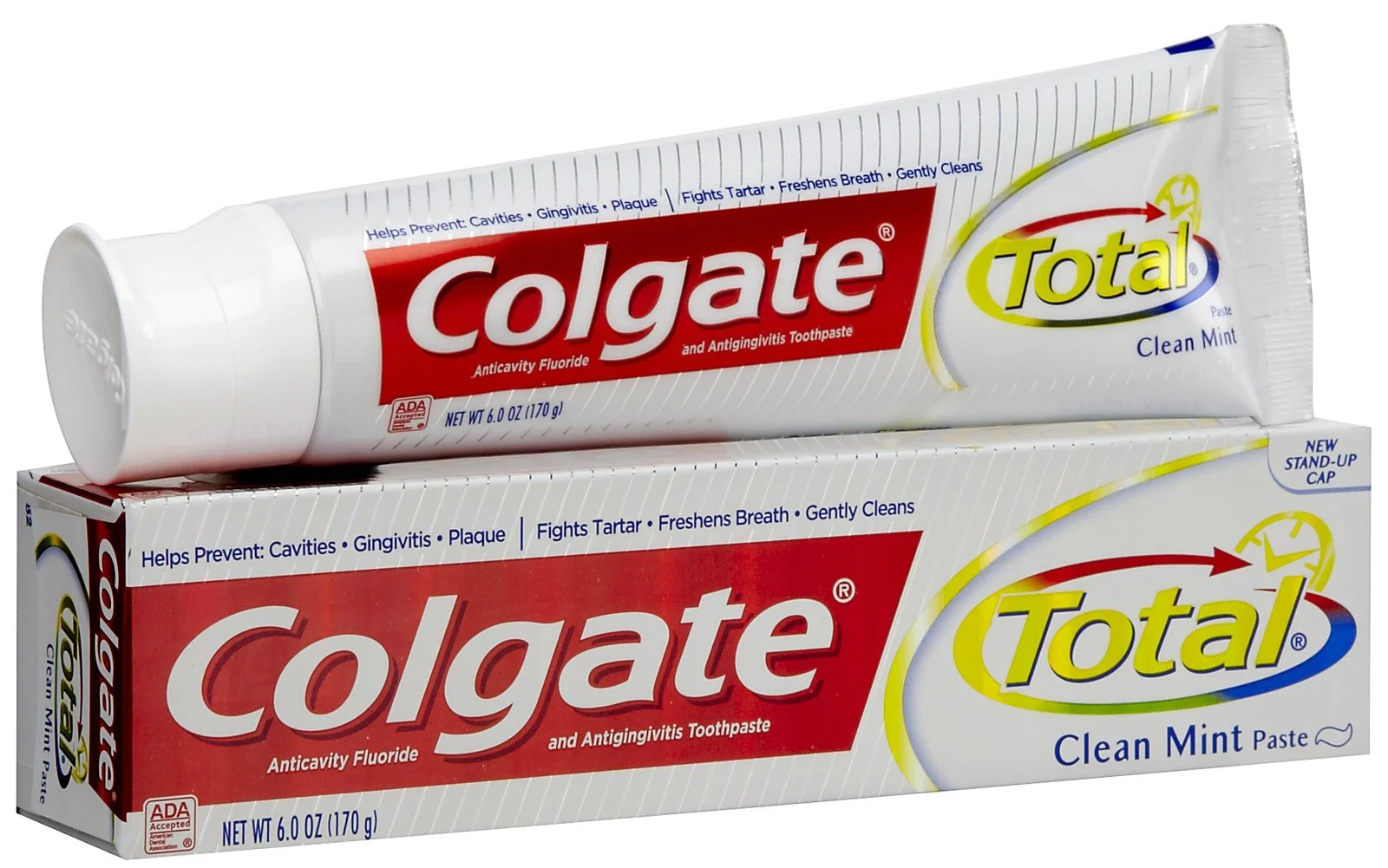While she initially may come off as some rando trying to sell you a kit of repackaged dental products (which... I mean she is, but, I think she's just making a buck off those who won't go to the grocery store to buy this stuff) she actually is a quite well researched licensed dentist, and if you watch this entire video and follow her recommendations, you can essentially biohack your way out of ever getting another cavity fairly reliably with this method.
The short version is; Using a combination very specific off the shelf ADA approved products, in the right order, causes a synergistic effect that will allow your teeth to repair minor cavities and prevent new ones from forming by inhibiting the environment for such things to happen.
The steps are:
Rinse with Closys Sensative Mouth rinse (it must not say for Gum-Health, as it's a completely different and worse formulation) for 30 seconds. This is the most expensive part of this protocol, but there's not really any substitute. This stuff is an extremely effective selective killer of anaerobic bacteria, and is just as effective as a rinse a dentist would use. It also is an extremely effective ph neutralizer, which is critical before brushing your teeth to avoid wearing them down.

Step 2: Brush your teeth with a good, fluoridated toothpaste for 3 minutes, then spit it out, but don't rinse!
She recommends bog-standard Crest anti-cavity, and mentions it's the only one that has studied re-mineralization effects. Personally, I disagree with this recommendation. The cheap crest she recommends uses Sodium Fluoride, which while it works fine, isn't quite as effective as Stannus Fluoride, which is found in more modern formulations of toothpaste. Stannus used to stain teeth, but Colgate was able to stabilize it with zinc effectively in 2006, so that hasn't been a problem in a long time.
I personally would recommend Colgate Total, which switched to using Stannus Fluoride a few years ago, and also has a very low abrasiveness level (RDA) compared to Crest products.
Just make sure whatever you get, it's not a whitening variety. Whitening toothpastes are damaging to your enamel, and just aren't worth it.

(The reason I like Stannus is that it effectively collects in the microtubules of your teeth and slowly releases fluoride throughout the day, and is a more effective antimicrobial than sodium fluoride. All the studies I read seem to indicate it's just a solid upgrade, and worth getting).
Step 3: Aggressively swish original listerine (or a store-brand knockoff) for a minute.

In isolation, Listerine would actually not be a good thing to use, as the alcohol in it causes mouth irritation and dries out the saliva ducts, reducing the overall amount of saliva in your mouth (which is bad for your teeth, you always want saliva coating them). So why are we using it? Well, this not only kills a lot of the caries causing bacteria, it also is itself actually slightly acidic. That seems like that'd be a bad thing, and if you left it in your mouth, it kind've would be. But in combination with what comes after, it's actually beneficial.
Fluoride actually converts to fluoroapitite (the stuff that actually attaches and protects your tooth) and is taken up into the tooth the best in a low-ph environment, which etches the crystalline structure of your tooth, making it ready for fluoride to attach to it. That low-ph environment would be bad while you're brushing, but is ideal for a fluoride mouth rinse. That's where the next step comes in.
Step 4: Swish with ACT mouth rinse for 30 to 60 seconds, then spit it out and leave the remainder on your teeth. However, it MUST be the small bottle of Act, not the big bulk one. Why? The larger bottle is dilluted, they just add more water, which brings down the concentration of fluoride! The small bottles have 0.05% flouride, while the bigger bottles have 0.02%. Also, I've never found a store or off-brand ACT that has the 0.05%, always the 0.02%, so get the real deal, and get the basic one!

Lastly, get some Xylitol in your mouth after every meal, ideally 6 grams per day (spread throughout the day, in 1 gram doses). Studies have shown that Xylitol promotes tooth remineralization deep within the tooth, and also encourages saliva production which neutralizes acid ph in your mouth after a meal.
The cheapest way to get it would be to buy it in bulk as a granulated sugar, but if you prefer, you can get it in a gum or mint form, but it'll be more expensive.
If you do this protocol twice a day, all of those combined should result in strong teeth that are able to withstand modern carb rich diets, and hopefully never get another cavity again.
Since I've used this protocol, I've personally noticed my teeth have improved significantly.



